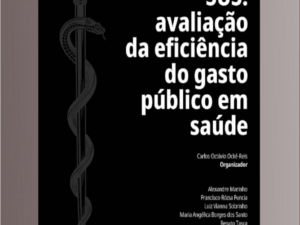ABSTRACT: Under Luiz Inácio Lula da Silva and Dilma Rousseff, during the 2003-2013 decade that the World Bank called “the Golden Decade of Brazil”, we had simultaneously economic growth, social inclusion, environmental protection and job expansion. With no deficit and very low inflation, and all despite the turbulence of the 2008 crisis. The onslaught on inclusive policies started in 2014. Dilma was ousted through a thinly disguised coup in 2016, and ex-president Lula was jailed for the time of the 2018 election, won by Jair Bolsonaro. Since the old oligarchies and corporate interests took over, the economy is stalled, unemployment has doubled, the Amazon is being cut down, child mortality is growing. The pandemic deepened an already general economic and social crisis. This paper aims to present an overview of what went wrong, centring not on the pandemic itself but on the deeper structural change that reversed the inclusive growth model of the popular governments. This involves the economy but also technological, social and political change. The overall thesis is that inclusive development works, austerity does not.
KEYWORDS: Brazil, financialization, inequality, crisis, lawfare













Uma resposta
Thank you for the article, I will distribute.